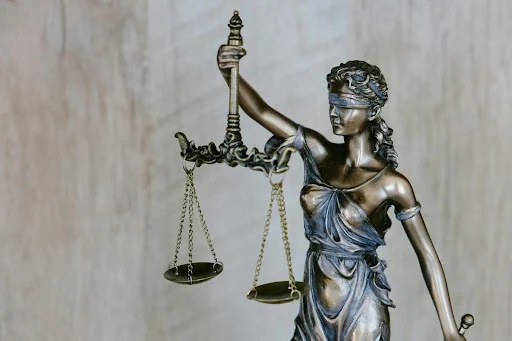The Set Aside process in Arizona represents a critical opportunity for individuals with a criminal past to move forward without the shadow of their convictions looming over their future prospects. This legal provision offers qualifying individuals the chance to have their convictions cleared, allowing them to enjoy many of the rights and privileges that may have been restricted. This measure is invaluable for those seeking employment, housing, or professional licensing, which can be adversely affected by a criminal record. In this article, we delve into the mechanics of the set-aside process, the eligibility requirements, and practical advice on navigating the application procedure.
Eligibility Criteria for Setting Aside Convictions in Arizona
Not all convictions are eligible for the set-aside process in Arizona. Certain offenses, such as those involving serious physical injury, the use of a deadly weapon, sexual offenses, and crimes that require sex offender registration, are typically excluded from eligibility. This underscores the importance of understanding the specific criteria that make a conviction eligible for being set aside.
The eligibility extends to those who have completed the entirety of their sentences, which includes any incarceration, probation, community service, or fines. Demonstrating rehabilitation and staying free of further legal troubles plays a significant role in increasing the likelihood of the court granting a set-aside motion. Engagement with the community and steady employment are also considered positive factors.
Applicants must furnish a clear outline of their conviction, detailing the crime for which they were convicted, the date, and any pertinent information regarding the completion of their sentence. The court assesses whether the individual has complied with the conditions of the sentence and whether granting the set aside will honor the interests of justice and public safety.
Step-By-Step Guide to the Set Aside Application Process
The application process for setting aside a conviction in Arizona begins with a thorough review of one’s criminal record to verify eligibility. Once eligibility is confirmed, the individual must obtain and complete the appropriate set-aside forms, which include providing detailed information about the conviction and personal statements emphasizing the progress made post-conviction.
Supporting documents such as character references, proof of community service, evidence of rehabilitation, or educational achievements should accompany the application. This additional information can illustrate an individual’s commitment to positive change and personal growth since the time of conviction. Such details can have a significant impact on the court’s decision.
Understanding the Legal Effect of a Set Aside on Your Record
Once a conviction is set aside in Arizona, the consequences can be far-reaching. Employment and housing applications may view a candidate with a set aside more favorably, acknowledging the receptiveness of the individual to rehabilitation. It’s important to recognize that while the conviction remains visible on a criminal record, the notation of the set aside can act as a determining factor in such application processes.
In terms of legal rights, individuals who have had their convictions set aside may regain certain civil rights that were previously forfeited, such as the right to vote or serve on a jury. However, it should be noted that some rights, particularly those involving firearm ownership, may not be automatically restored. Clear legal advice should be sought to understand the full implications on a case-by-case basis.
Common Challenges and Solutions in the Set Aside Process
Navigating the set-aside process can pose some challenges, one of which may be gathering the necessary documentation and evidence of rehabilitation. Often, individuals may find it difficult to summarize their growth and change since the conviction, or they might struggle to obtain character references. Professional assistance can be crucial in overcoming these administrative hurdles by providing organizational support and guidance.
Another hurdle is potential pushback from the prosecutor’s office or resistance from victims, particularly in sensitive cases. Advocacy and a well-prepared application highlighting the strides made in rehabilitation and the benefits to society of granting the set aside can help mitigate opposition. Legal representation can play a pivotal role in effectively communicating the applicant’s case to the court.
Altogether, the set-aside process in Arizona serves as a beacon of hope for individuals seeking to distance themselves from past convictions. It acknowledges their rehabilitation efforts and helps restore certain privileges, fostering a more inclusive environment where past mistakes do not indefinitely dictate one’s opportunities. Understanding and navigating this process can present challenges, but the potential restoration of rights and social status it provides makes it a vital option for eligible citizens.







